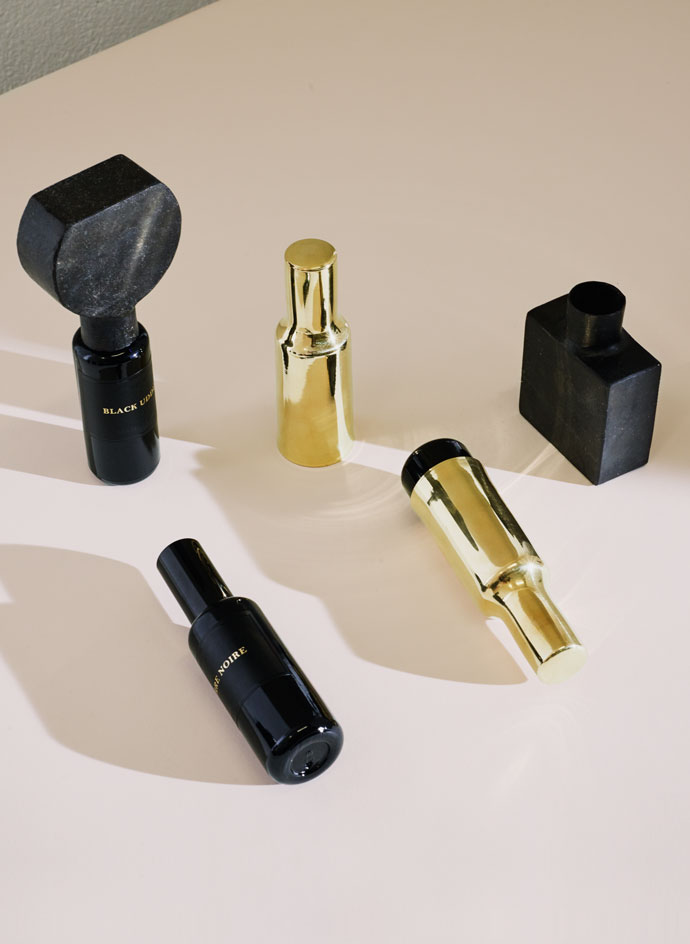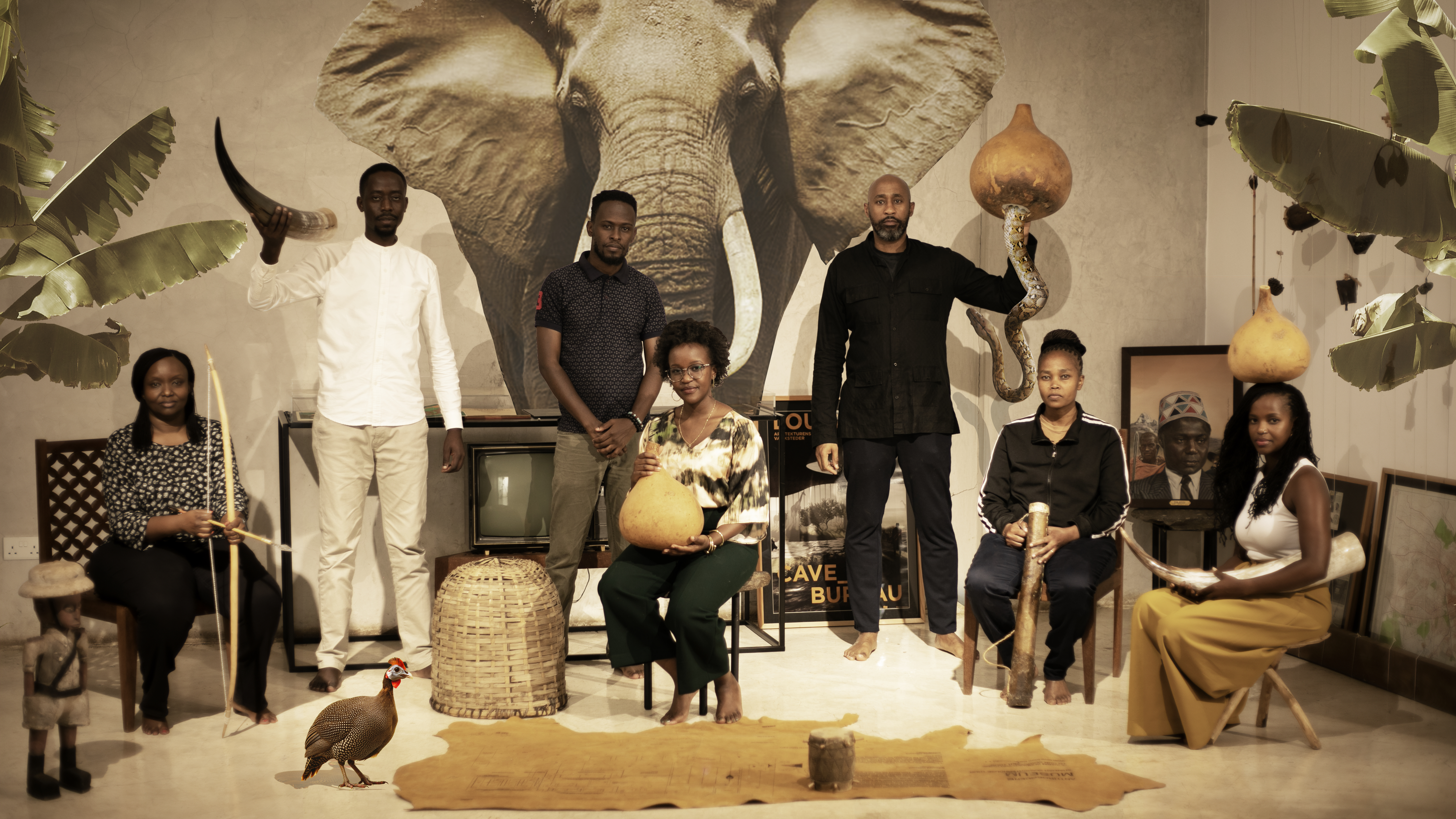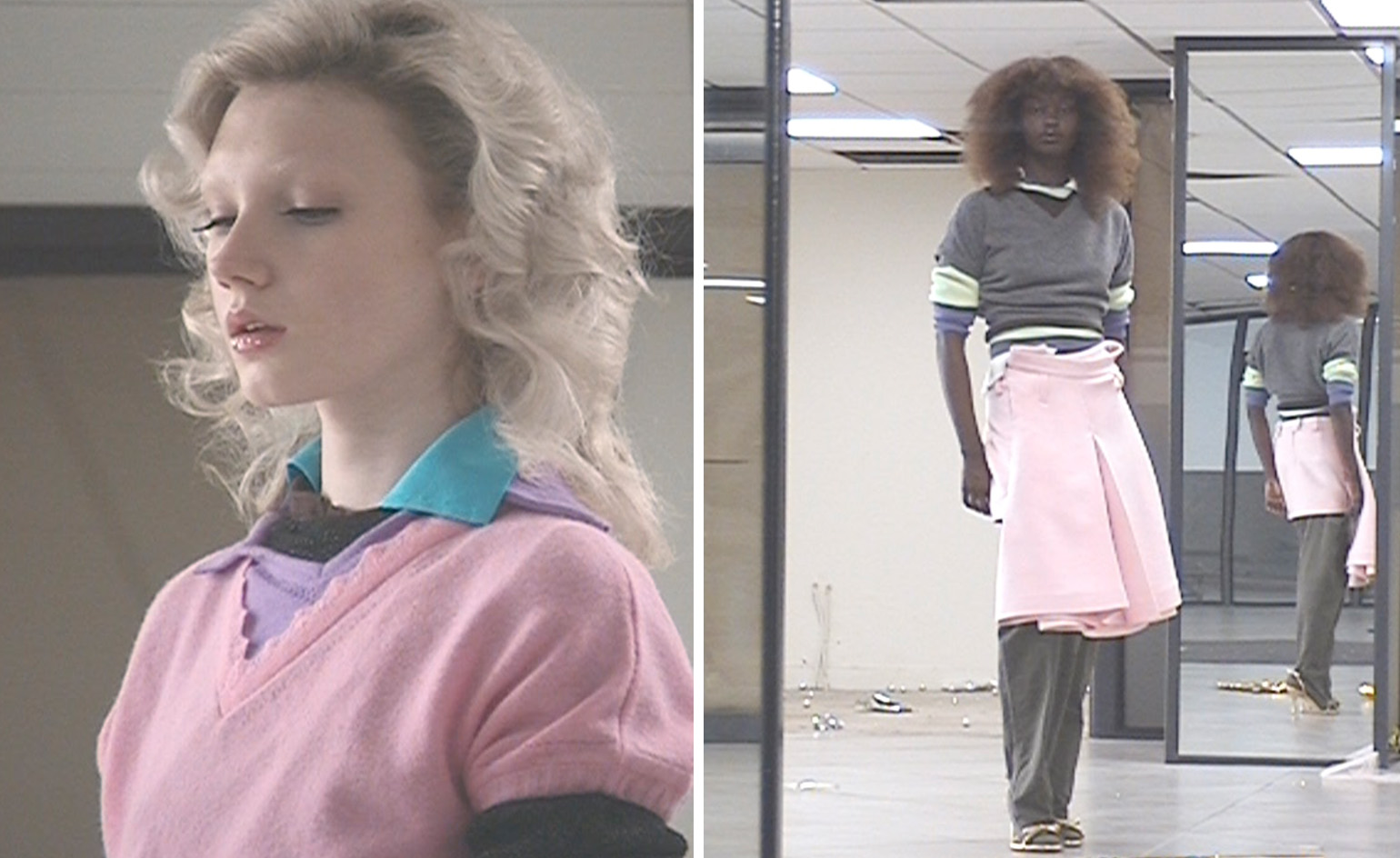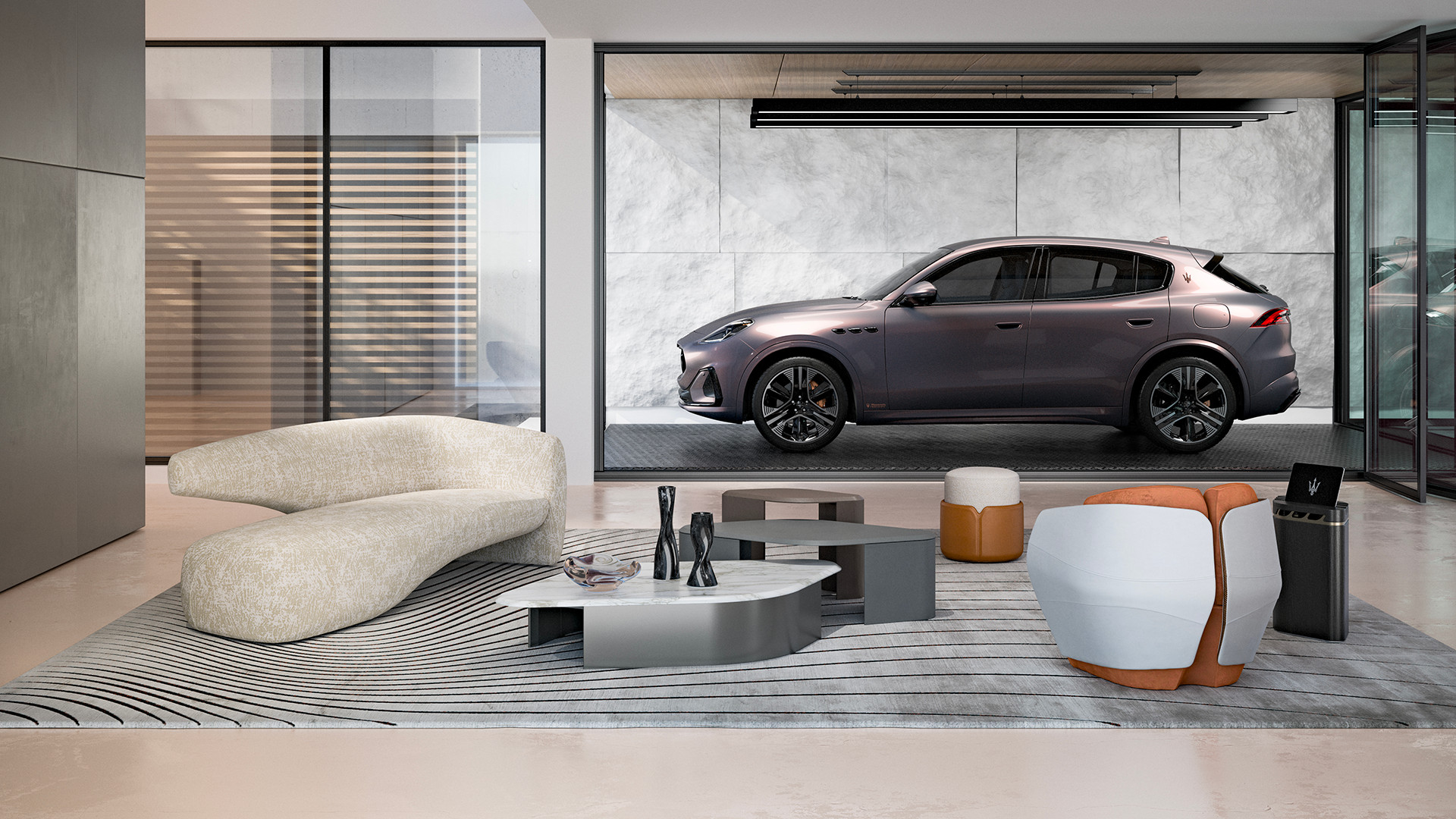Intensity curve: why the world of perfume is now going from strength to strength

Once upon a time, perfume meant parfum, whose aromatic ingredients are diluted in pure alcohol at their highest practical concentration (usually around 15-20 per cent). One or two drops of this intensely concentrated liquid would last for hours, but it was a luxury that only the very rich could afford. All that changed in the early 1900s with the development of synthetic aromas, the costs of which were a fraction of natural ingredients, while entrepreneurs like François Coty ushered in the age of mass luxury by selling the same scent at different strengths and prices, from expensive parfum to affordable eau de toilette (whose concentrations are more like 4-10 per cent).
Coty’s model has worked for the past hundred years, but recently big names like Tom Ford and niche brands like Heeley, Nasomatto and Ormonde Jayne have started offering fragrances at higher concentrations such as eau de parfum and extrait de parfum. Fragrance expert Michael Donovan puts this down to the fact we lead busier lives. ‘We don’t have time to reapply a fragrance throughout the day, so we need something with staying power.’
Alexandre Piffaut of Mad et Len, whose scents all come as eau de parfum, adds that working with higher concentrations ‘allows us to use the full potentiality of a note’. It’s a trend that can only get stronger.
As originally featured in the January 2016 issue of Wallpaper* (W*214)
INFORMATION
For more information, visit the Mad et Len website
Wallpaper* Newsletter
Receive our daily digest of inspiration, escapism and design stories from around the world direct to your inbox.
-
 Enter the world of Cave Bureau, and its architectural and geological explorations
Enter the world of Cave Bureau, and its architectural and geological explorationsNairobi practice Cave Bureau explores architecture’s role in the geological afterlives of colonialism, as part of a team exhibiting at the British pavilion at the Venice Architecture Biennale 2025
By Marwa El Mubark
-
 All-In is the Paris-based label making full-force fashion for main character dressing
All-In is the Paris-based label making full-force fashion for main character dressingPart of our monthly Uprising series, Wallpaper* meets Benjamin Barron and Bror August Vestbø of All-In, the LVMH Prize-nominated label which bases its collections on a riotous cast of characters – real and imagined
By Orla Brennan
-
 Maserati joins forces with Giorgetti for a turbo-charged relationship
Maserati joins forces with Giorgetti for a turbo-charged relationshipAnnouncing their marriage during Milan Design Week, the brands unveiled a collection, a car and a long term commitment
By Hugo Macdonald